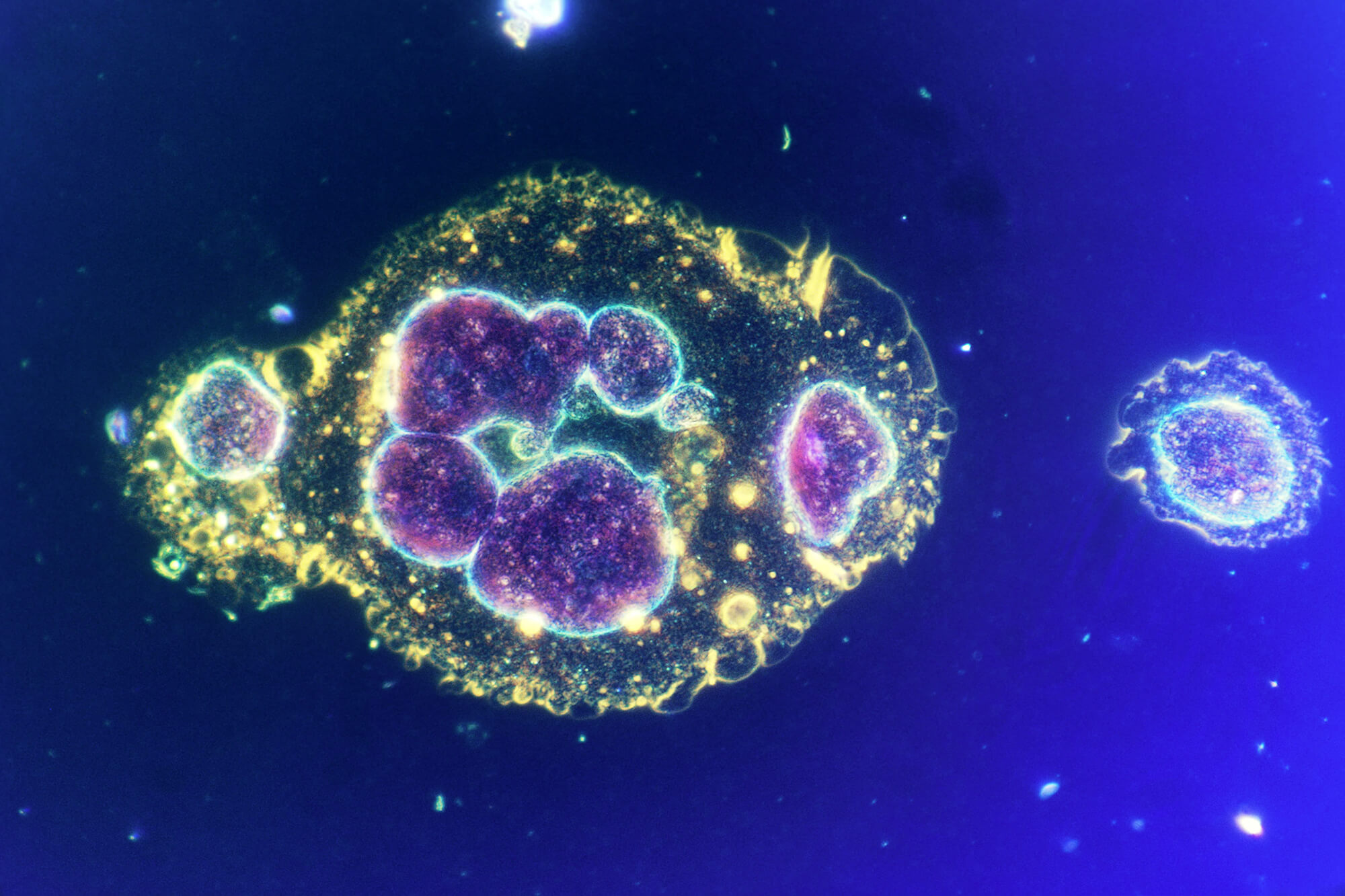(HealthDay News) — Autologous stem cell transplantation (ASCT) may be an effective treatment option in high-risk, early therapy failure (ETF) follicular lymphoma (FL), prior to the use of rituximab, according to a study published online July 9 in Hematology/Oncology and Stem Cell Therapy.
Ana Jiménez-Ubieto, M.D., Ph.D., from the Hospital Universitario 12 de Octubre in Madrid, and colleagues examined whether ASCT is an effective option in the pre-rituximab era for patients treated in induction and rescued only with chemotherapy. Two groups were identified: the ETF cohort (87 patients) and the non-ETF cohort (47 patients).
The researchers found that five-year progression-free survival differed significantly between the ETF and non-ETF cohorts (43 versus 57 percent; P = 0.048). In patients with ETF with an interval of less than one year from first relapse after primary treatment to ASCT, there were no differences in five-year progression-free survival (48 versus 66 percent; P = 0.44) or in five-year overall survival (69 versus 77 percent; P = 0.4). For patients in the ETF cohort transplanted in complete remission, there was a plateau in overall survival curves beyond 13.7 years of follow-up.
“Early ASCT could be a hopeful option in patients with difficult access to rituximab,” the authors write.
